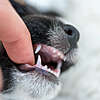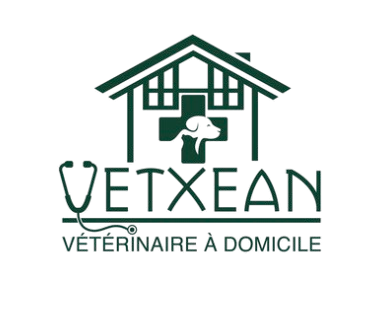PREVENTIVE MEDICINE
What is preventive medicine?
Animals age faster than we do, and can't express themselves when they don't feel well. Regular monitoring of your pet is essential to ensure its good health. Regular check-ups enable early detection of any pathologies, which can then be more easily and effectively treated. Preventive medicine aims to prevent illness and promote longevity in the lives of our faithful companions, rather than simply treating them once they're ill.


How does the consultation work?
I perform a complete examination, from muzzle to tail! Everything is examined: teeth, eyes, ears, skin, lungs, heart and joints.
To do this, I'm equipped with everything you need: ophthalmoscope, otoscope, microscope, ultrasound scanner, as well as blood and urine analyzers .
Finally, don't hesitate to let me know about any behavioral difficulties you may encounter. We share our pets' daily lives, we live together, sometimes in their homes in the case of felines! Good understanding and trust are the cornerstones of this almost filial relationship.
Why at home?
Between getting into the carrier, the car journey and the wait at the veterinary clinic, some cats turn into tigers! Sometimes to the point of needing to be anaesthetized for a simple vaccination.
Our dog friends are not to be outdone, as some refuse to move forward as soon as they set foot in the clinic. We have to drag them painfully to the consultation room, where some have to be muzzled if they don't cooperate. And then there are the dogs who come to the clinic with a lameness and then jump up and down in the air, or those who are completely amorphous at home and then regain a normal attitude in the waiting room. They're not feigning illness, but the stress induced by the clinic environment can sometimes mask worrying symptoms and lead to misdiagnosis.
When a vet comes to your home, your companion will be much less worried. The animals can even celebrate my arrival!
On the other hand, some dogs have great difficulty getting around. Getting them in and out of the car, and to the clinic, is sometimes mission impossible.
And what if you have several cats and/or dogs? Bringing them all to the clinic for vaccination can be an expedition.
On top of all these constraints, road traffic in the Pays Basque is a nightmare at certain times of the year.
The relationship you develop with your vet at home is quite different from the one you might have in a veterinary clinic. A home consultation takes between 30 and 45 minutes, sometimes longer. I can see the environment in which your pet lives, which enables me to address all facets of your companion's life.


